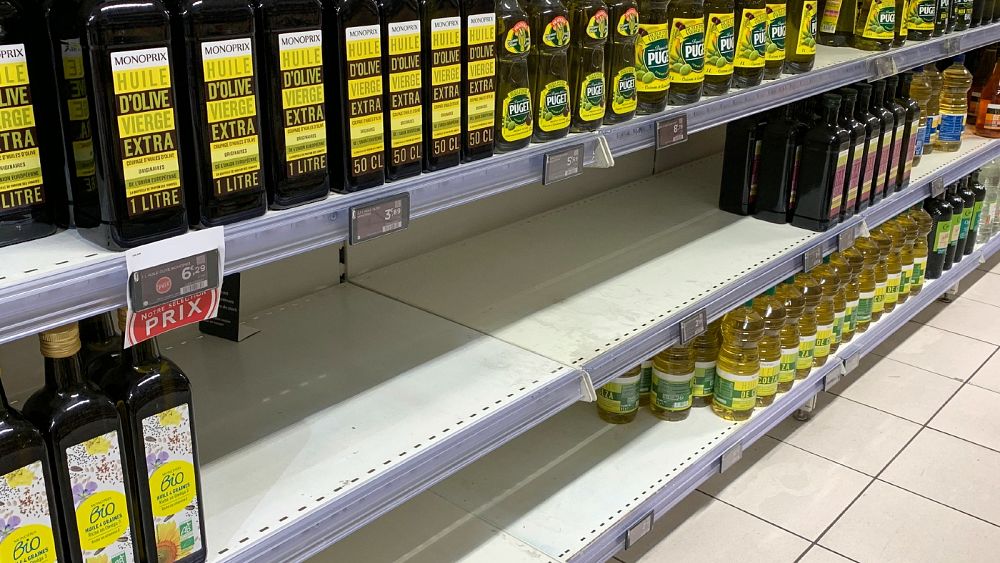Belgians have quit but aren’t panicking yet as prices continue to rise
“Unfortunately, the amount of your installments is insufficient. In order to settle your actual consumption for the period from 01/02/2021 to 11/03/2022, you must pay an additional amount of €3,192.23.”
3,192.23 EURO – the amount I have to pay the Belgian natural gas company, Bolt Energy, a year after moving into a doer-upper near the center of Brussels – in addition to Bolt’s outstanding monthly bills.
With a million people in Belgium struggling to pay their energy bills and inflation in Belgium being one of the highest in Europe, locals are feeling the pinch, but on a sunny day on the main shopping street in Brussels, rue Neuve, passers-by tell me they are worried, but not panicked yet.
“My mother drove to Luxembourg and the neighboring Netherlands to buy liters of fuel,” a young girl tells me, while her boyfriend tells her rent has increased by €300 due to the outbreak. electricity bills.
A young Portuguese mother tells me how difficult it is to provide for her children. She now pays €50 for 78 nappies, whereas before she paid €30.
Flour, sugar, milk, bread – everything went up, another man told me – adding that he hoped the government would support the precarious and not just the middle class. Another disabled man tells me in Flemish that he is struggling to make ends meet because his monthly disability allowance of €331 has not increased.
One woman watching the situation carefully is Helen Willets of Social Platform.
Over very expensive coffee, Helen tells me how the war in Ukraine and inflation rates are affecting the 45 NGOs across Europe that she represents. She wants civil society to have a place at the table of political decision-makers.
“It’s a crisis that was already underway for a lot of people we represent, so it just added to a system that was already overstretched by battling the Covid pandemic and even trying to recover from it. the impact of austerity,” she says. “We represent older people, various groups across the EU and if civil society had not filled the voids left by governments, their human and social rights would not be respected.”
Italian economist David Rinaldi, director of studies and policy, of the socialist think tank FEPS, tells me that the situation is even more complex and serious than thought and that the peak occurred before the Russian invasion in Ukraine – and refers to his concern about the Airbnb effect and gentrification.
“So in a context where you have housing, energy, transport, food costs going up, it becomes really difficult, unfortunately it’s happening decades after the wage share is down, so the wages are getting lower and lower over time.
“It’s very difficult. I don’t see how we can get out of this crisis if we don’t prioritize people’s purchasing power by increasing salaries,” he continues, adding that the public sector must secure the access to different food sources. and energy and diversifying trade routes.
I visit a Turkish baker and grocery store in a poorer pocket of Brussels. It was the “Flour here” sign that attracted me.
Cherif is warm and welcoming and offers me a plate of Turkish delight. Selling kilos of flour and liters of sunflower oil, he runs a thriving business – filling the void left by German discount store Lidl which ran out of flour in early March – a necessity for the poorest families in Brussels where the unemployment rate has reached 15.9 percent and where 3 in 10 live below the poverty line.


Comments are closed.